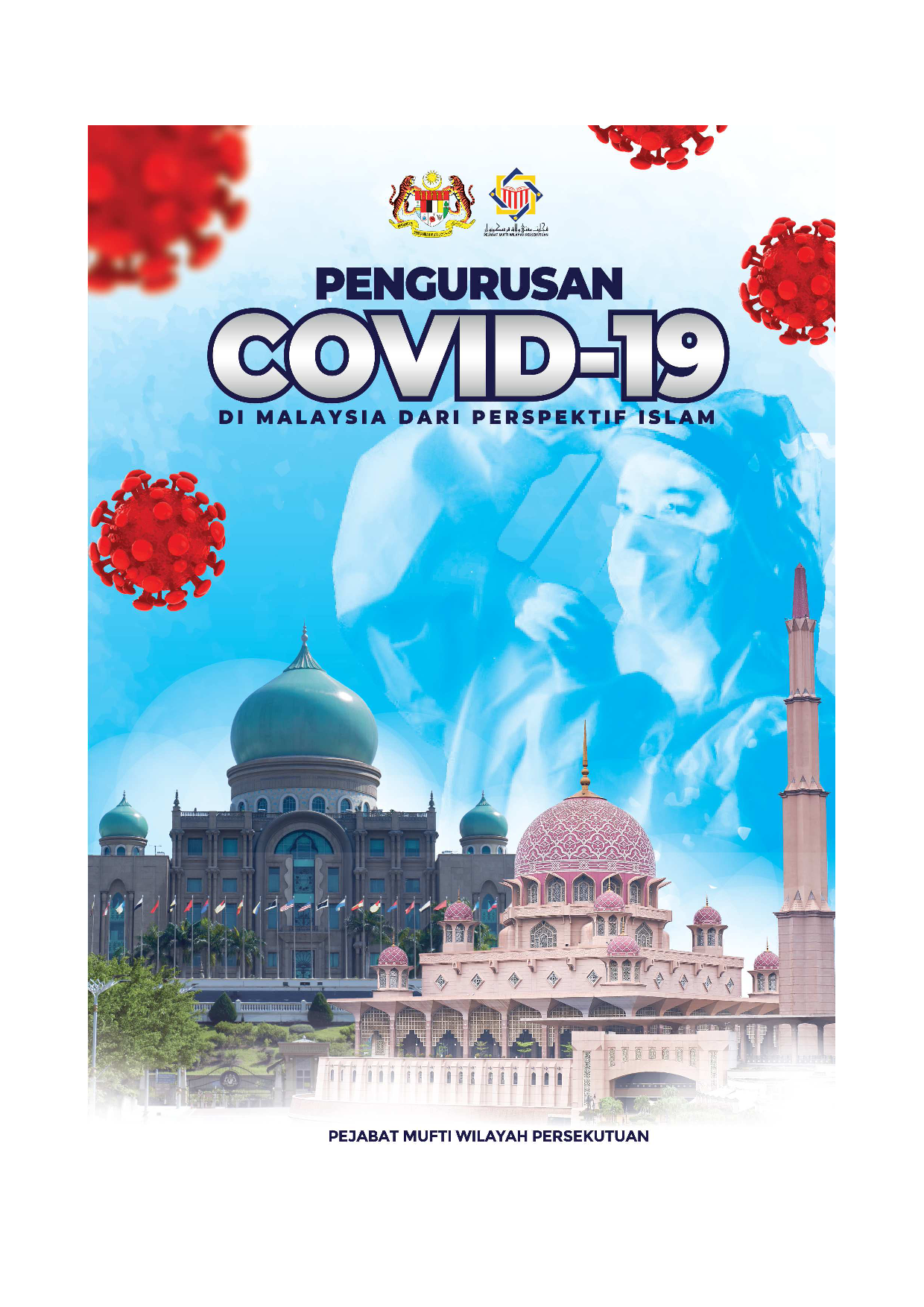Announcements
News / Activities

MUFTI WILAYAH PERSEKUTUAN SAMPAIKAN KHUTBAH JUMAAT…
KUALA LUMPUR, 6 JUN 2025 — Sahibus Samahah Mufti Wilayah Persekutuan telah menyampaikan khutbah Jumaat... baca lagi

TAUSIAH SULUNG MUFTI WILAYAH PERSEKUTUAN KEPADA…
PUTRAJAYA, 06 JUN 2025 - Mufti Wilayah Persekutuan yang baharu, Sahibus Samahah Ahmad Fauwaz bin... baca lagi

KUNJUNGAN HORMAT UIS DAN ISLAMI KE…
PUTRAJAYA, 4 JUN 2025 – Sahibus Samahah Ahmad Fauwaz bin Fadzil, Mufti Wilayah Persekutuan telah... baca lagi

JABATAN MUFTI WILAYAH PERSEKUTUAN MENYERTAI PERSIDANGAN…
BANDAR SERI BEGAWAN, 3 JUN 2025 - Jabatan Mufti Wilayah Persekutuan (JMWP) menyertai Persidangan Antarabangsa... baca lagi

MUFTI WILAYAH PERSEKUTUAN TERIMA KUNJUNGAN HORMAT
PUTRAJAYA, 3 JUN 2025 – Sahibus Samahah Ustaz Ahmad Fauwaz bin Fadzil, Mufti Wilayah Persekutuan... baca lagi

MESYUARAT YB TIMBALAN MENTERI DI JABATAN…
PUTRAJAYA, 2 JUN 2025 – Sahibus Samahah Ustaz Ahmad Fauwaz bin Fadzil, Mufti Wilayah Persekutuan... baca lagi
IRSYAD HUKUM
Latest Article
AL-KAFI #2052: HUKUM MEMBANTU MENEBUS EMAS HAK MI…
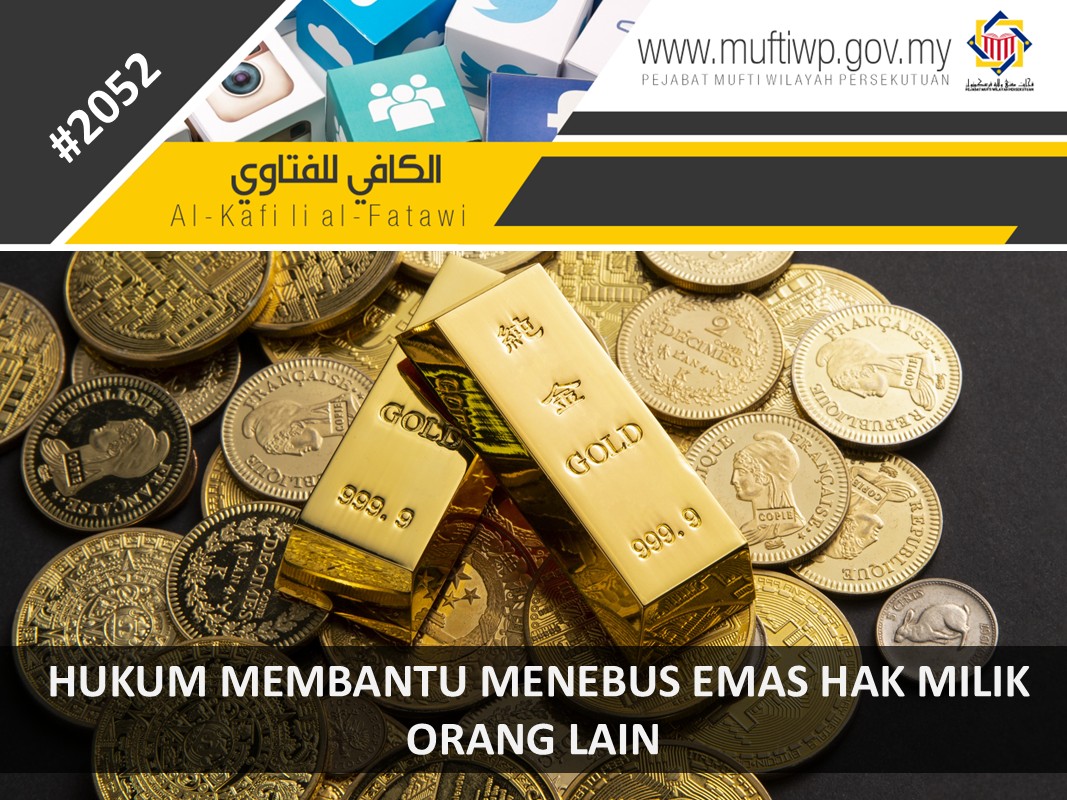
Soalan Assalamualaikum. SS Mufti, saya ingin bertanya, apakah hukum seseorang membantu menebus emas yang digadai di... baca lagi
AL-KAFI #2051: HUKUM BERNAZAR TIDAK MEMOTONG RAMBU…

SOALAN Assalamualaikum. Bulan Januari tahun lepas, saya ada bernazar iaitu saya tidak akan memotong rambut selagi... baca lagi
IRSYAD HUKUM SIRI KE-946: HUKUM MENYEBARKAN HIV D…
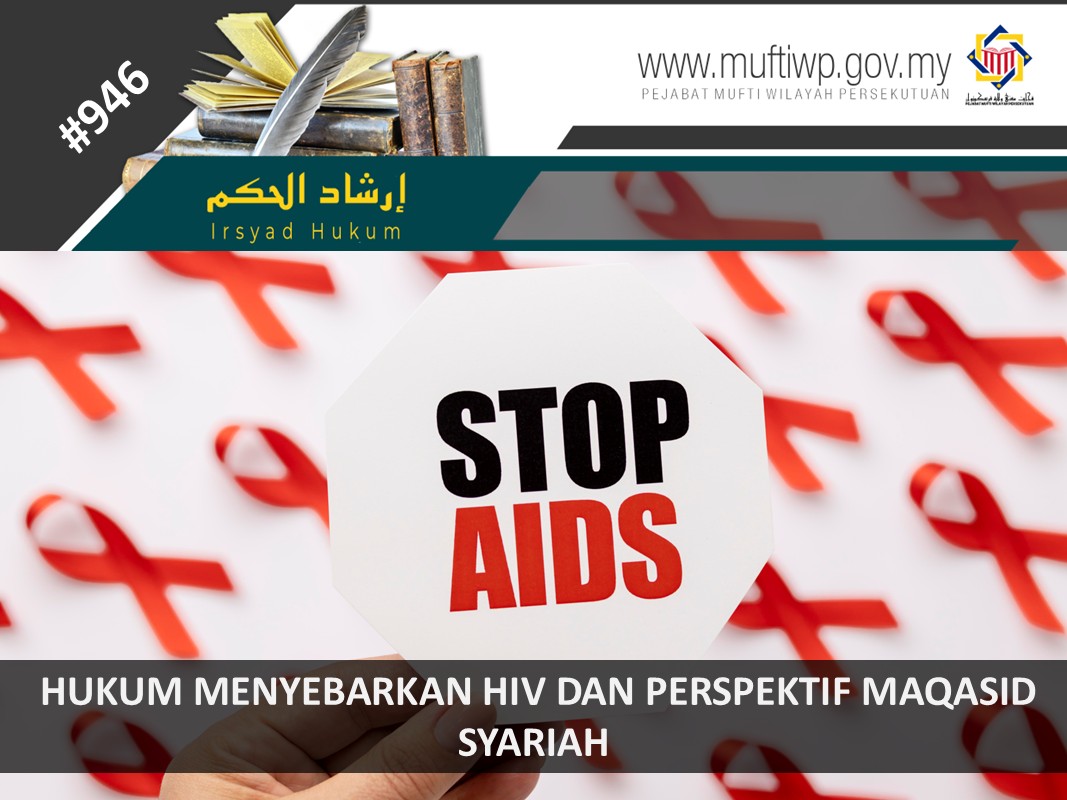
Soalan: Assalammualaikum. Sekiranya seseorang telah disahkan dijangkiti HIV... baca lagi
IRSYAD HUKUM SIRI KE-945: SOLAT QADA BAGI WANITA …
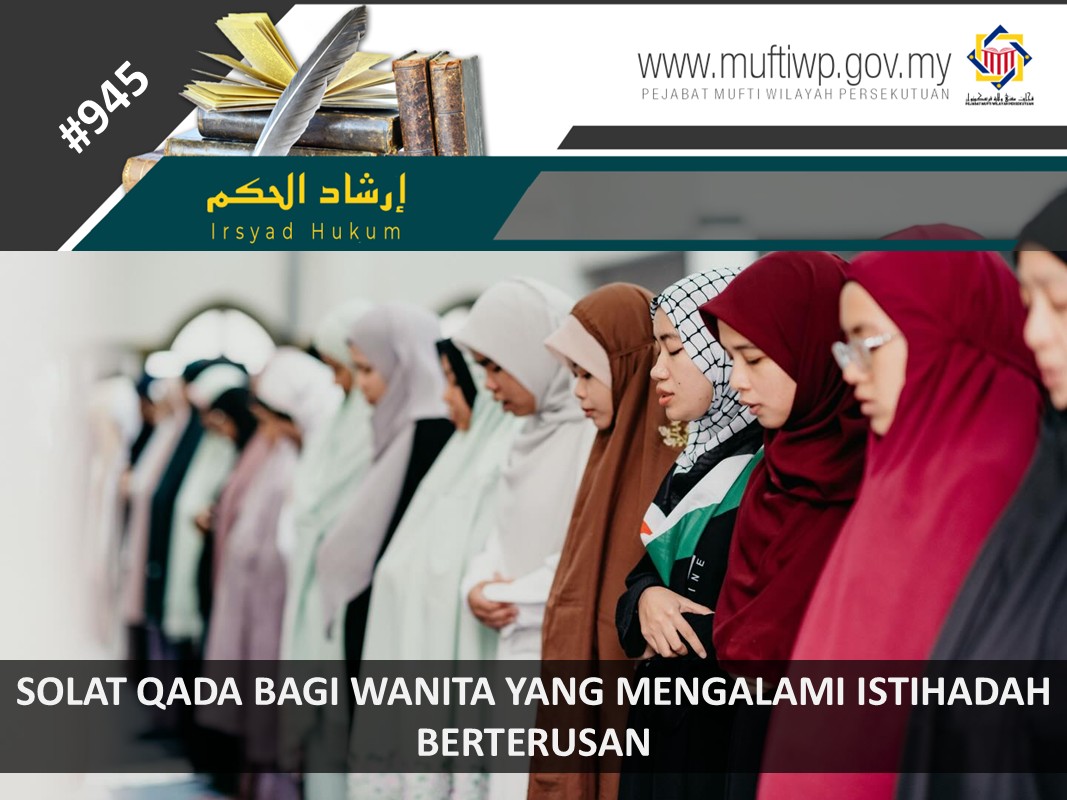
Soalan: Assalamualaikum, saya ingin bertanya soalan, setakat pengetahuan saya wanita yang sentiasa berhadas seperti istihadah... baca lagi
BAYAN LINNAS SIRI KE-332: ROBLOX: KEBEBASAN DIGIT…

PENDAHULUAN Platform permainan dalam talian seperti Roblox kini menjadi kegilaan ramai. Populariti ini mencetuskan perbahasan besar... baca lagi
AL-KAFI #2050: BOLEHKAH WANITA MENJADI IMAM SOLAT …

Soalan Assalamualaikum, saya ada buka Pusat Jagaan Wanita dan baru-baru ini terdapat satu kematian. Jenazah diuruskan... baca lagi
AL-KAFI #2049: HUKUM MELETAKKAN PELEKAT (STICKER) …

Soalan: Apakah hukum jika seseorang meletakkan pelekat (sticker) bergambar kemaluan pada kenderaan? Ringkasan Jawapan: Meletakkan pelekat (sticker) pada... baca lagi
BAYAN LINNAS SIRI KE-331: HERO PALSU: BAHAYA MENCA…

PENDAHULUAN Dalam era digital, perbezaan pandangan mudah menjadi medan emosi tidak terkawal. Baru-baru ini, sebuah video... baca lagi
IRSYAD AL-HADITH SIRI KE 573: KEFAHAMAN HADIS SAT…
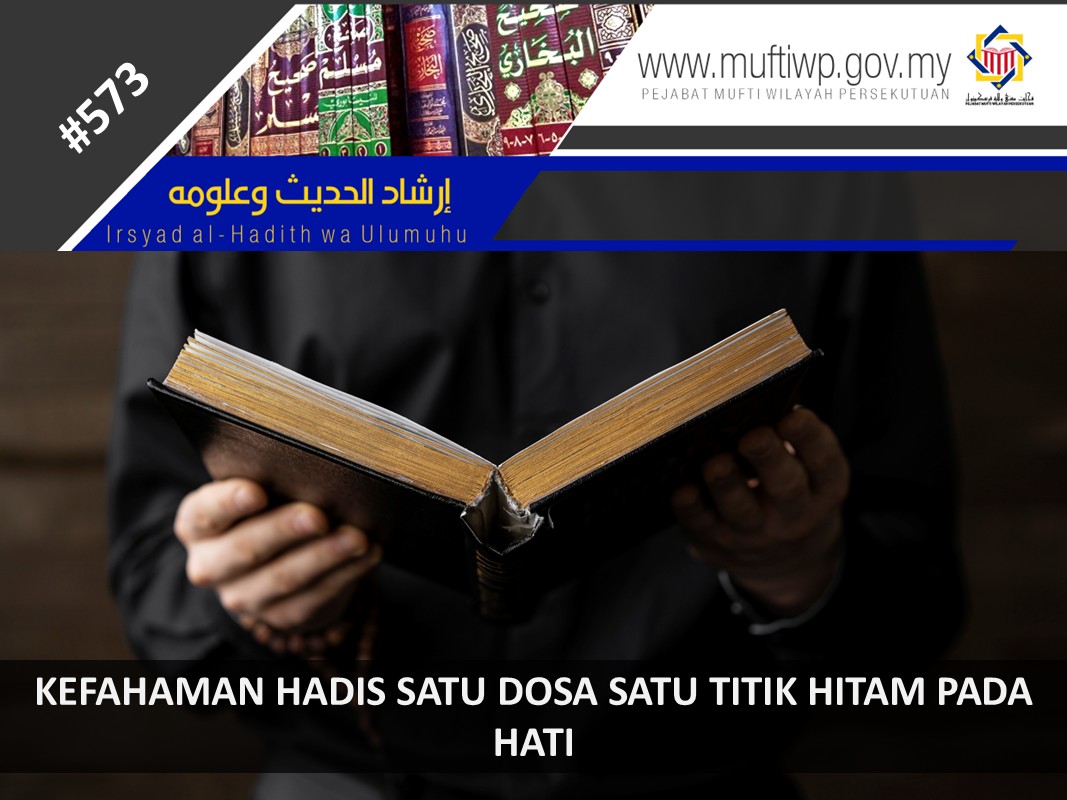
Soalan Assalamualaikum wrth, adakah setiap dosa itu menggelapkan hati? Adakah Nabi SAW pernah menjelaskan tentang perkara... baca lagi










